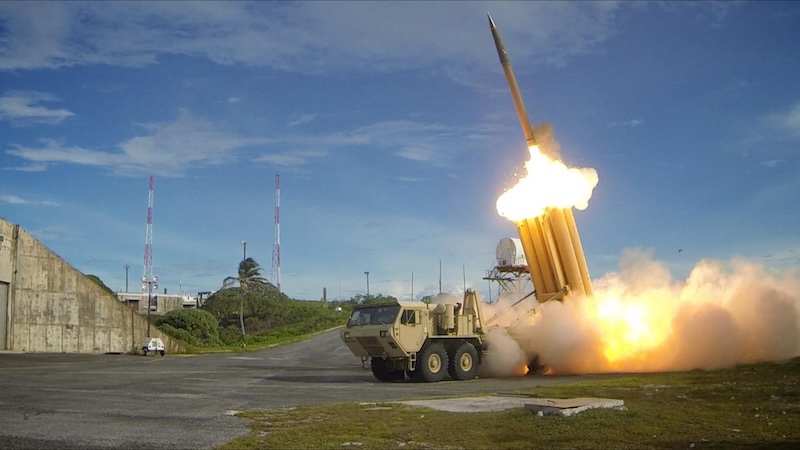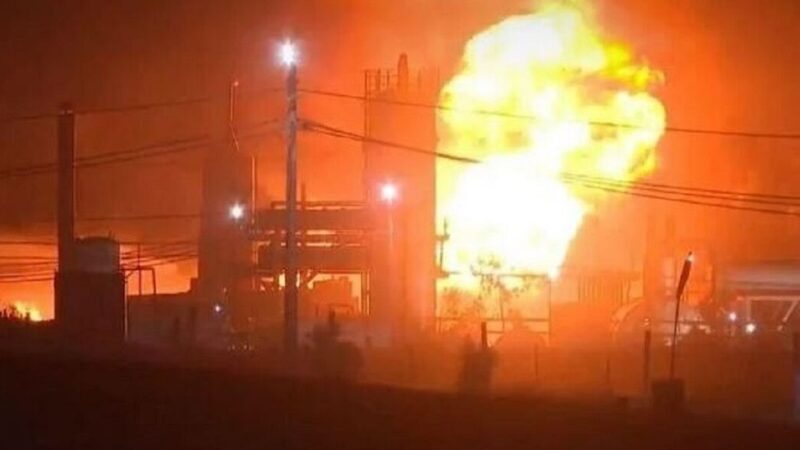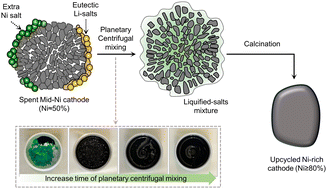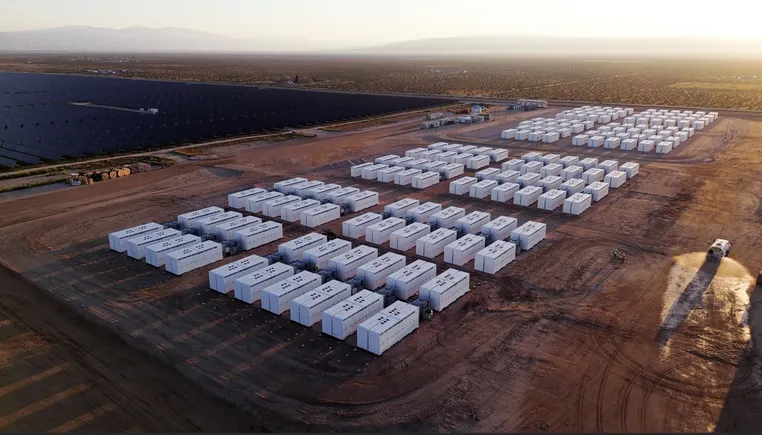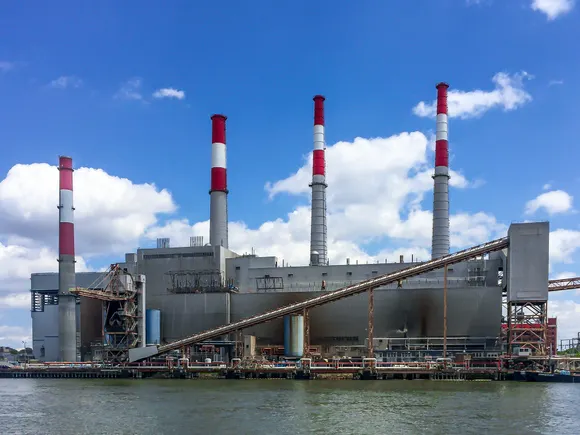Defense of Europe as a Responsible Investment
The last time the Western investment world saw a robust debate over the parameters of buying shares in the arms industry was roughly in the era of the Vietnam War. In the wake of that fraught conflict, thought-leading socially-responsible investor bodies such as the US Interfaith Center on Corporate Responsibility (ICCR) and counterparts in Europe […]

Stephen M. Davis is a Senior Fellow at the Harvard Law School Program on Corporate Governance. He co-founded the UN Principles for Responsible Investment and the International Corporate Governance Network and originated the Firearms Safety Principles. The following commentary is adapted from a presentation to, and article for, the European Policy Centre, in Brussels.
The last time the Western investment world saw a robust debate over the parameters of buying shares in the arms industry was roughly in the era of the Vietnam War. In the wake of that fraught conflict, thought-leading socially-responsible investor bodies such as the US Interfaith Center on Corporate Responsibility (ICCR) and counterparts in Europe installed clear guidelines against investing in “controversial” weapons. For many institutions, prompted in part by sentiment among clients, this strategy steadily metastasized into a more general allergy against taking stakes in publicly-traded companies implicated in arms manufacturing. As the Cold War ended and the so-called peace dividend took hold, there was little or no brake on the spread of investor resistance to the weapons trade, especially in Europe. Indeed, the public’s stake in protection against war is conspicuously absent from guidance on Environmental, Social, and Governance (ESG) parameters that have emerged in the capital market over the past two decades. Case in point: None of the 17 UN Sustainable Development Goals, agreed in January 2016, addresses the right to secure borders or deterrence to war.
Now, however, Russia’s invasion of Ukraine, and the rising, acute threat that aggression poses to Europe and its citizens, is combining with the US Trump administration’s apparent retreat from full-throated support for NATO to dangerously erode the region’s safety net. This reordered landscape is prompting calls across Europe to invest in indigenous strategic deterrence companies, despite their being a pariah to some of the biggest regional sources of capital.
The time has come for institutional investors to open a pointed dialogue over whether and how Europe’s armaments companies deserve to be reclassified from untouchables to legitimate components of the “S” in ESG. The products they produce are deployed at least in part to ensure the most basic social good: keeping people in Europe safe and free. Widening such companies’ access to capital could boost their dynamism and help achieve the objective of strengthening Europe’s self-reliance at a crucial moment in history. Leaving them to flounder or lose ground to competitors could, by contrast, expose Europe’s nations and citizens to chronic dependence on potentially unreliable partners and to heightened security risks, an assertion underscored by Mario Draghi in his landmark 2024 report on European competitiveness. (more…)




















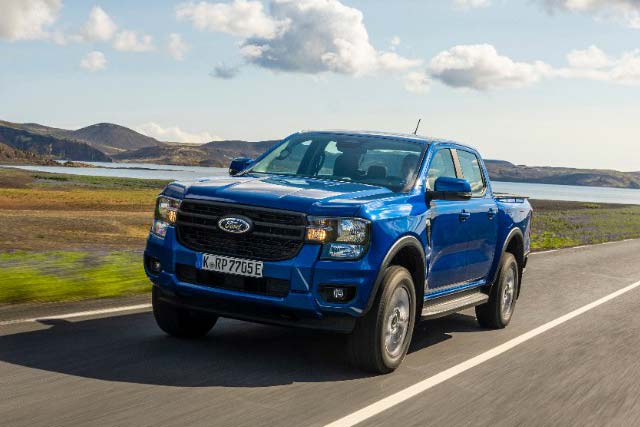




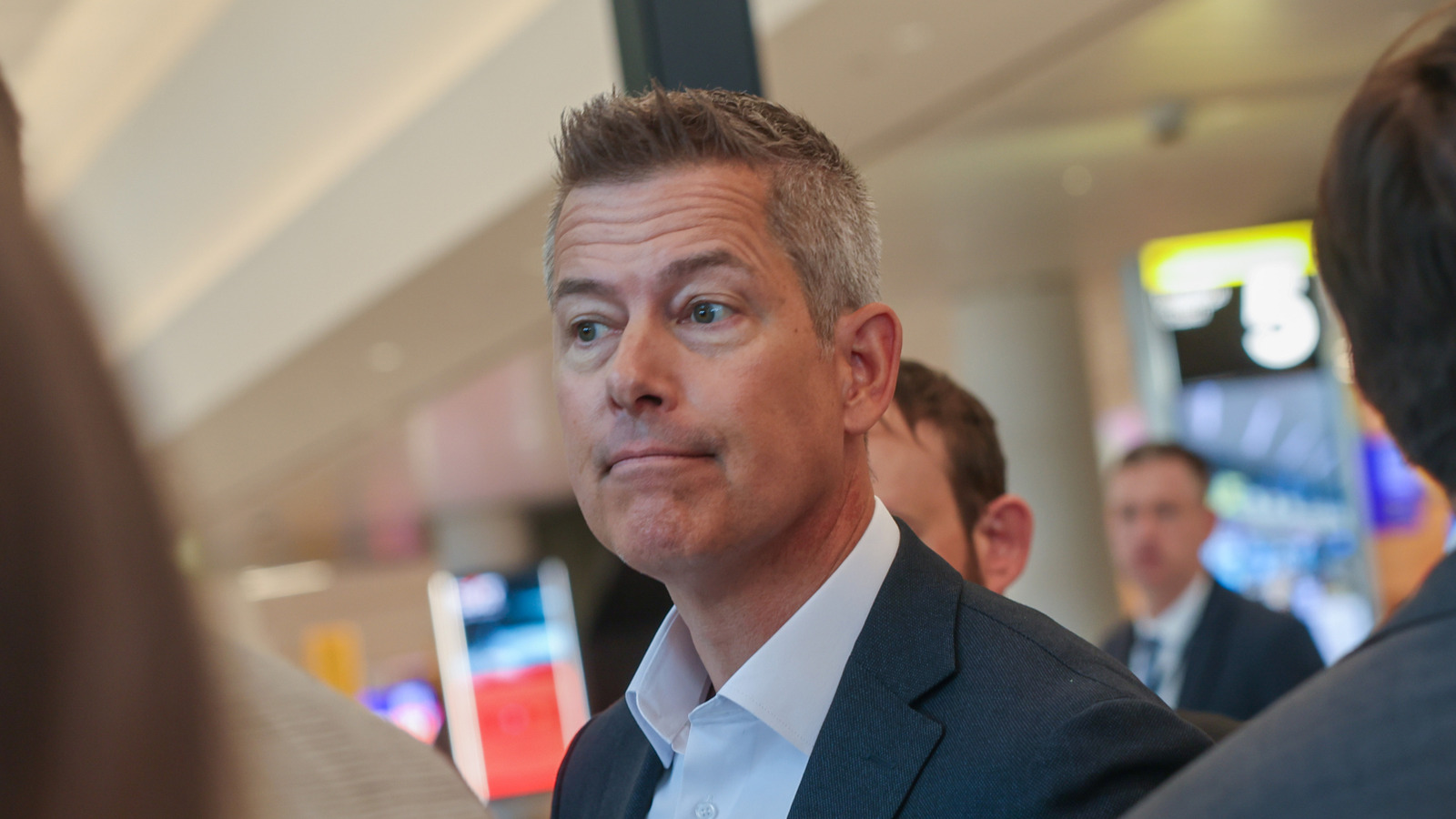






















































![The sights of the Paris Air Show Day 2 [PHOTOS]](https://breakingdefense.com/wp-content/uploads/sites/3/2025/06/IMG_1837-scaled-e1750181568851.jpg?#)

![An FCAS fracas and Embraer’s European embrace: Paris Air Show Day 2 [Video]](https://breakingdefense.com/wp-content/uploads/sites/3/2025/06/IMG_3682-e1750159767304.jpg?#)

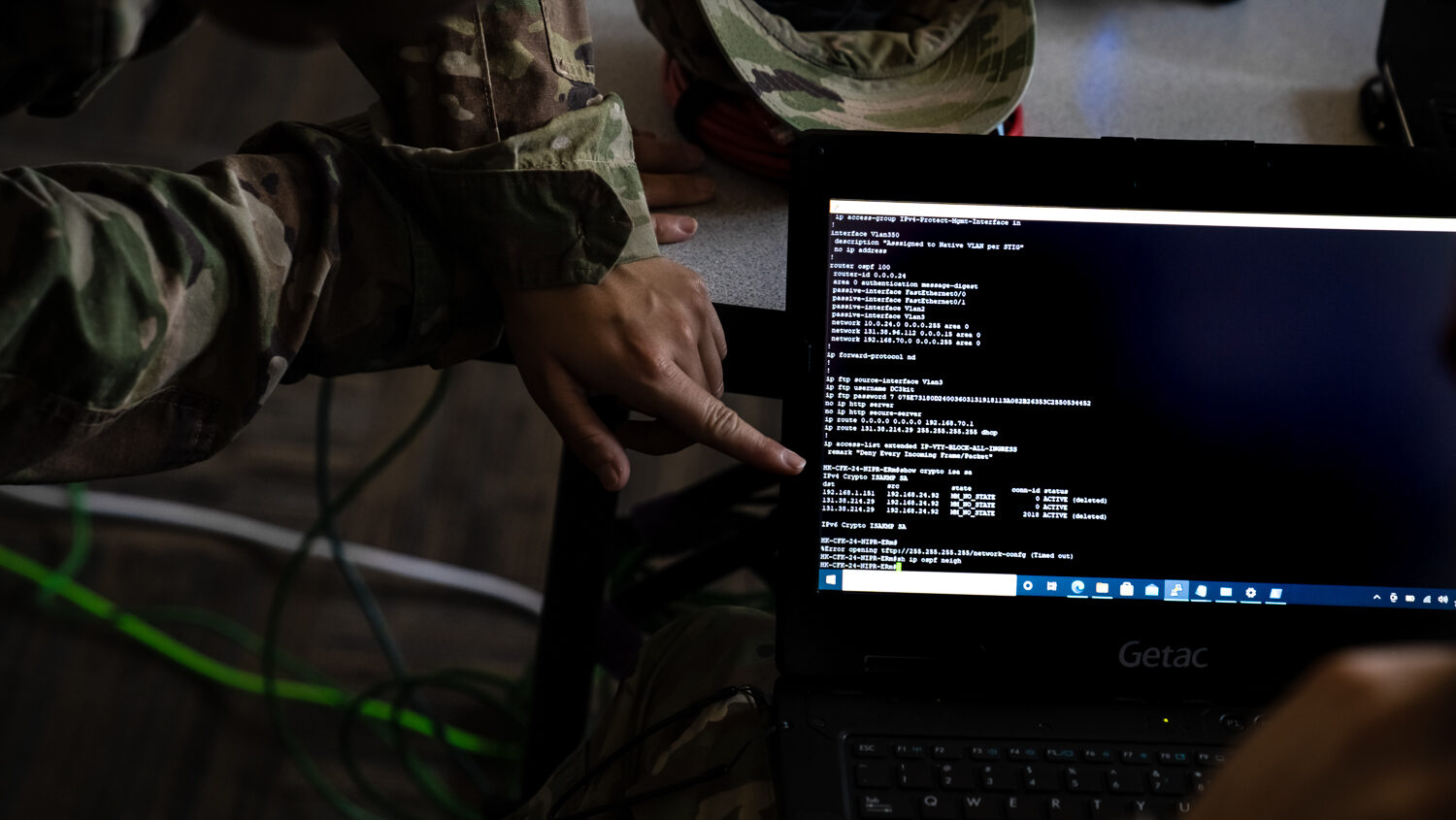











![[Updated] U.S. Air Force Mobilizes F-22s and F-35s as Situation in Middle East Escalates](https://theaviationist.com/wp-content/uploads/2025/06/F-22_F-35_CENTCOM-top.jpg)





